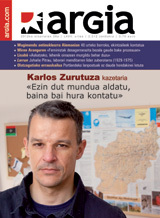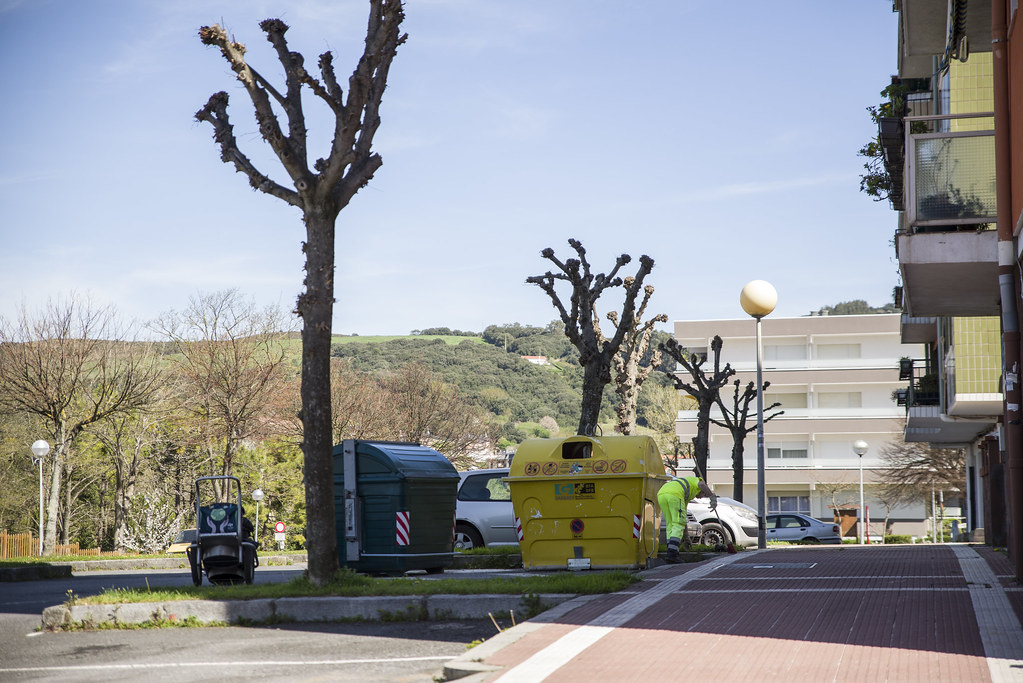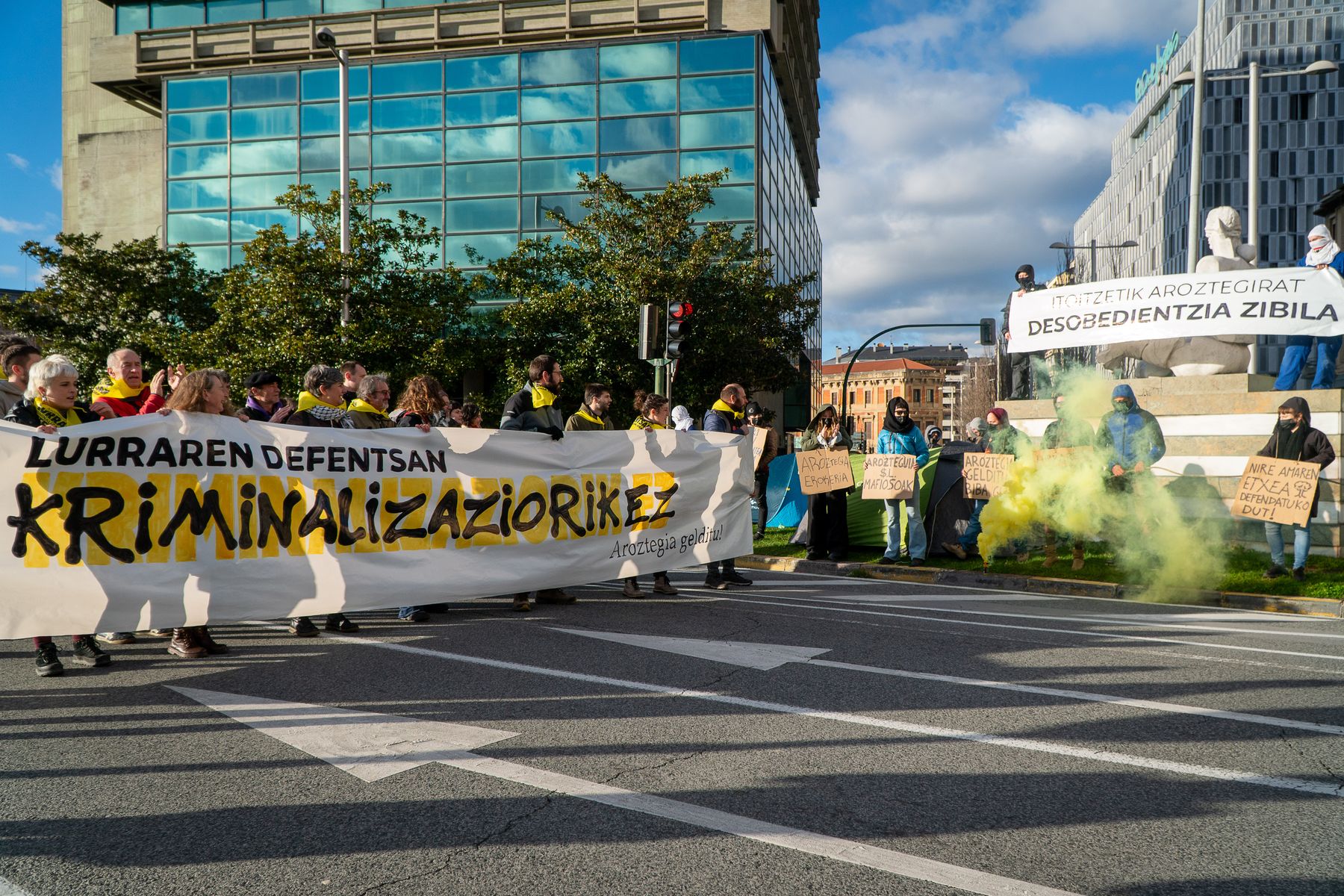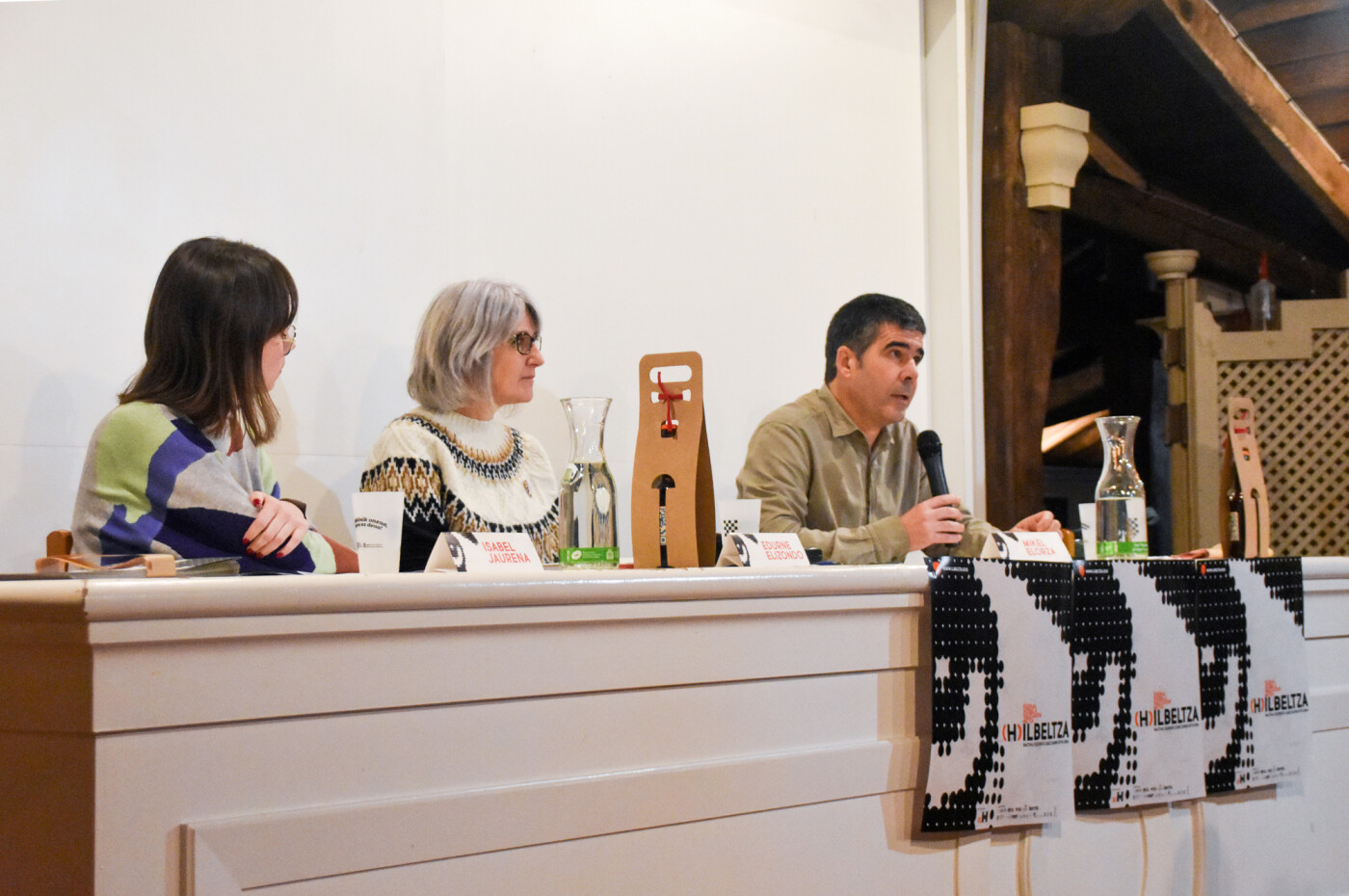Influenza: Are we subject to fear or fraud?

The flu is a thing of every year. Apart from old epidemics such as the great epidemic of 1918 that caused between 50 and 100 million deaths, health authorities control the disease fairly well, and with the means and vaccination campaigns that exist today, the different times of the flu in recent decades have gone without drama. The exception was 2009.
The flu is a disease caused by several types of Influenza viruses. In most cases, it is a self-moving process, without consequences. Virus A is the one that can cause the most serious illness and has always been associated with pests. The continuous changes in the genetic makeup of the viruses form new scum and, from time to time, when the population has little immunity to a scum, a pandemic occurs. This was the case in 2009.
The 2009/10 pandemic flu season was caused by the virus originating in America. The initial wave came between spring and summer, but most cases occurred in fall and winter. Although between April and November 2009 there were more than 100 deaths in the Spanish State from the H1N1 virus – I have no figures in the Basque Country – we can consider that the 2009 one is moderate compared to the previous pests.
In Hego Euskal Herria, the first case, a person from Mexico, was detected on April 25. The following cases also occurred in people from America and gradually the virus began to spread among the natives. According to CAV data, the peak of the epidemic was recorded in the last week of October; in the coming weeks the incidence fell again below the epidemic level.
In the world, the virus spread rapidly and in eight weeks it spread to more than 120 countries. During the pandemic, AH1N1 replaced all other viruses, but by August 2010, many countries began to declare the emergence of other viruses, as usual. The World Health Organization declared on 10 August 2010 the end of a very dreadful pandemic.
Why did the flu epidemic have less impact in Europe than in other regions of the world? On the one hand, because the population over 50 years old had a certain immunity to the new virus, thanks to other viruses that occurred in the last hundred years. On the other hand, because Europe was one of the last victims of the epidemic in the industrialized territories, which enabled it to take advantage of its experience in other countries and to review the protocols developed for the pandemic.
So far the story of what happened in the 2009-2010 season with official data. Where have the alarm calls that were broadcast in the media remained? Where are the vaccines that have not been used after buying them? The health institutions had received thousands of doses that filled the warehouses until the hartazgo, and which were then useless and sent to the poor countries. What about face masks? Millions of euros were purchased to calm the doubts that the experts initially showed and, consequently, the alarmist messages disseminated by the media. Just look at the newspaper library to realize it, as we were able to read “an excessive alarm generated about a virus that is not as deadly as expected,” or “Influenza A, a great fraud.”
Apart from corporativism blaming physicians and the malicious theories that attempt to explain the natural changes of the influenza virus as a conspiracy, it would be much more beneficial than broadening the alarm to convey to the public contrasted and transparent information and channel the efforts of organizations towards the really effective resources, especially in vaccination campaigns that as a preventive measure are very useful.
The road goes by steps, and I learned a little while ago that it seems to have already begun. But people also want to learn to fill that sentence with content. Alone we could achieve little, maybe even resignation as soon as we started. Gathering huge crowds can also complicate... [+]
Ez zuen egoki jokatu, neurriak hartu behar ziren, bestela, ez dugu ikasten. Itxuraz, ez zen ohartzen egindakoaren inpaktuaz, normal jarraitzen zuen, batzuetan, ingurukoek baino itxura zoriontsuagoz. Gainera, altuegi hitz egiten du, hori ez zaio inori gustatzen. Darabiltzan... [+]
The Department of Education doesn't understand why public employees have gone on strike. He's got to ask the LAB Syndicate. This union signed an agreement with the department in April 2023. Two years later they have also called for a strike because, unlike the previous ones, the... [+]
Erretiratu berri den lankide-ohi baten omenez, Historiako irakaslea. Bejondeizula!
Hezkuntza-legeek azpimarratzen dute zein garrantzitsua den ikasleengan pentsamendu kritikoa sustatzea. Baina irakasle-klaustroak, garai batean ideien eztabaidarako eta proposamenak... [+]
The liberal democracy of the Western countries has a growing appearance of a minimalist democracy. At the heart of the definition would be respect for changes in government through elections. The authoritarian variant of this was called competitive authoritarianism by political... [+]
Commissioned by the developer Palacio de Arozteguia, hundreds of oak trees were illegally cut in Baztan’s Lázaro lands in 2021. The citizens managed to stop, putting their body in front of the machines and spending days and nights in these lands. The company that acted... [+]
Zutabe hau idazten nengoela, gaia aldatu behar izan dut, nire arreta osoa harrapatu dutelako Trumpen muga-zergek. Azalpen gutxi beharko duzue, leku guztietan da berria, Txinako produktuei %10eko zerga eta Kanadako eta Mexikoko produktuei %25eko muga-zergak jarri dizkie. Trumpek... [+]
This wedge that the announcement on the radio Euskadi to replace the bathtub with a shower encourages the commencement of the works in the bathroom of the house. A simple work, a small investiture and a great change are announced. There has been a shift in toilet trends and a... [+]

























